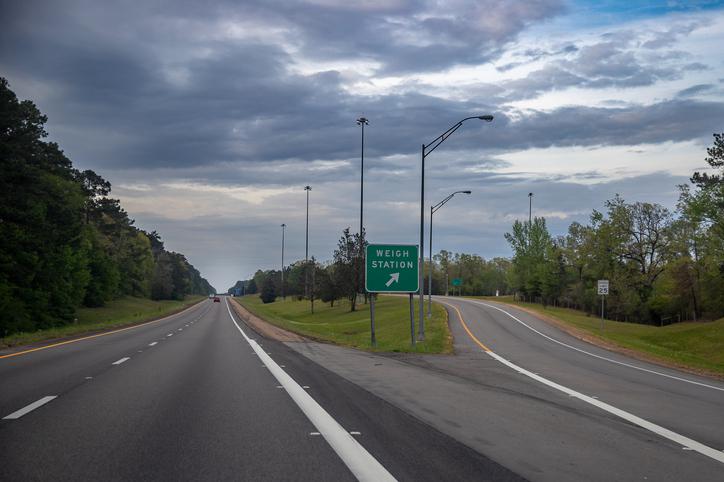Imagine this situation: you just bought a new Ford F-150 Lightning and are excited to test out its remarkable torque figures by moving a large trailer around town. But loaded up, you realize its driving range has been reduced to (and this is our estimate; Ford is not answering questions yet about how towing affects range) 100 miles. Total. How are you going to get your horse trailer out to the farm? Or, maybe, your camping trailer out to the campsite?
There are a number of outfits around trying to solve this problem by building various types of trailers around EV battery packs. The idea is that you get to where you're going and use the trailer's stored electricity to restore the EV tow rig to a somewhat normal total effective range. In this case, it's a little teardrop camping trailer from Colorado Teardrop Campers with a 75-kWh battery pack built into the frame.
CTC calls it The Boulder, and it weighs 1,950 pounds dry. It's no Airstream, though; like most teardrop campers, the dimensions inside and out are modest. Inside the Boulder, you'll find a queen-size bed and a pair of bunks that sleep four in total—in close proximity. The beds fold up into a lounge arrangement, and a table unfolds out of the floor for a limited indoor dining or recreation area. A galley folds out of the rear, with a cooktop and refrigerator, and even an optional oven. Optional upgrades can make the Boulder more off-road capable, like some of CTC's other trailers.
Charging is relatively simple. On the road, the towing EV and the trailer can be charged at any charging station with a nearly ubiquitous CCS charger, including DC fast chargers. What it can't do is charge your tow vehicle on the move, for a variety of reasons, but can certainly be used at a stop if the tow rig can't make it to the next charging station. CTC developed an algorithm that estimates the reduction in range when towing a Boulder and optimizes the battery pack size to hit the customer's target, verified with a Tesla Model X and a stand-in trailer of approximately the same shape and weight. That means that while the 75-kWh pack should be a good fit for most people, CTC is considering other pack sizes in the future. CTC's goal is to be able to provide 100 miles of range in as little as 10 minutes, in optimal circumstances, although that's an ambitious target and will depend on a large number of variables.
As you can see by the images, the Boulder appears exist only in the digital space for now. Some of the hardware is still TBD, like the onboard charger and the battery supplier. The company is taking orders and prices start at $55,000 normally, with early reservation holders getting a discount that reduces as more Boulders are ordered. Plus, understanding that some kinks are liable to need to be worked out of the initial run, the first 25 owners have the option of trading in their Boulders on a brand new one after a year.
Until someone finds a good solution to the range reduction issue for EV tow vehicles, it seems like trailer-mounted batteries like those fitted to the CTC Boulder are going to be a solid solution, though it'd be cooler if the trailers could charge the tow vehicle while on the move...

